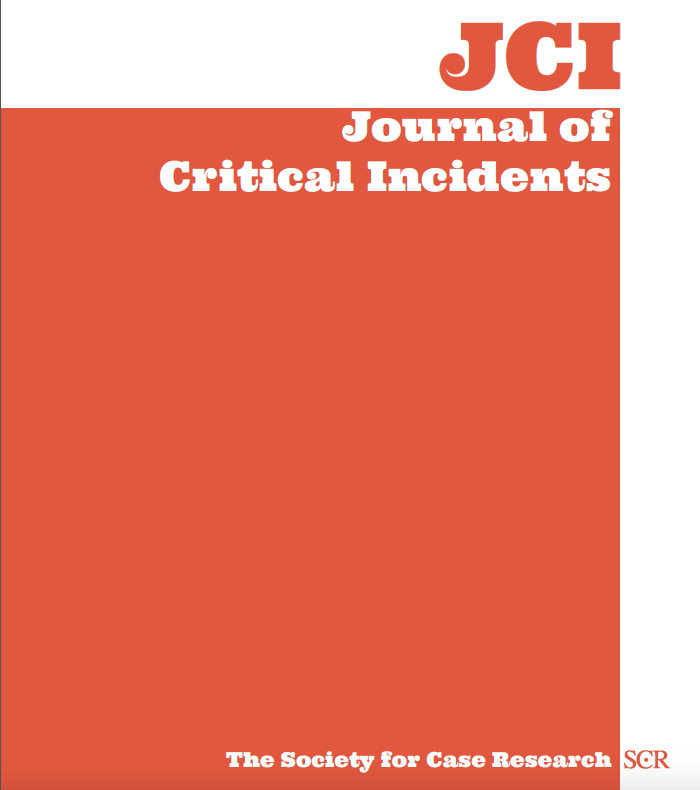I Wish He Hadn’t Said That

The Somsenville destination marketing organization (DMO) contracted with a website design expert independent contractor, Robert Lazkowski, to create a website design as part of a tourism campaign. The DMO and its director, Ariana Lopez, were excited about the website designer’s delivered work and only later discovered that the website designer posted abusive, misogynistic, and homophobic statements on his personal but public social media accounts in the past. Contradictory personal views expressed through personal yet public social media accounts can negatively affect business relationships and reputations. Additionally, the perpetuity of these posts often creates an ethical dilemma in future interactions. Faced with this information, the DMO needed to decide how to proceed with their relationship with the web designer. This decision case presents ethical dilemmas and suggests using Kyte’s (2012) Four-Way Method for Ethical Decision Making.
The case is most appropriate for undergraduate and introductory graduate courses in business ethics, business law, marketing, and capstone courses in all business majors.
- Identify potential ethical dilemmas within the context of a business scenario and potential stakeholders affected by such dilemmas.
- Analyze an ethical business dilemma using the Four-Way Method for Ethical Decision Making (Kyte, 2012)
- Identify and evaluate potential actions to resolve the ethical dilemma.
- Recommend actions to an organization to help reduce the recurrence of ethical dilemmas.
